Keynote Speaker CCC TRIO 2025
12th - 13th June 2025, Vienna, Hörsaalzentrum, Medical University of Vienna
1090 Vienna, Währinger Gürtel 18 - 20

Friday, June 13, 2025
SESSION V: PRECISION LIQUID DIAGNOSTICS
4.00 - 4.25 pm: KEYNOTE: "The Utility of Liquid Biopsy in Immuno-Oncology: A Focus on Circulating Tumour Cells"
Catherine Alix-Panabières is a Professor of Oncology and the Director of the ‘Laboratoire de Cellules Circulantes Humaines Rares et Biopsie Liquide’ (LCCRH) at Montpellier University Hospital and the Faculty of Medicine. Since 2022, she has also held the position of Professor at the University of Hamburg in Germany. A specialist in circulating tumor cell (CTC) research for 26 years, she is credited with coining the term "liquid biopsy" in 2010, in collaboration with Prof. Pantel. Professor Alix-Panabières instructs students in this subject at academic institutions in France and abroad, has organized numerous international conferences, has published over 160 scientific articles and numerous chapters in books and encyclopedias, has filed three patents and has collaborated on numerous European, American, and Asian research projects. Her most significant contribution is the demonstration of the clinical utility of CTCs in breast cancer. She has been the recipient of numerous accolades in France and abroad, including the "Gallet et Breton" prize in 2012 and the "Berthe Péan, Antoine et Claude Béclère" prize in 2023, bestowed by the Académie Nationale de Médecine. In 2022, she played a pivotal role in the cancer exhibition at the Cité des Sciences et de l'Industrie (Paris), which was curated by the National Institute of Cancer (INCa). Furthermore, the esteemed journal Nature, in its December 2020 issue, acknowledged the significance of liquid biopsy as a pivotal advancement in cancer research over the past two decades and showcased the contributions of Prof. Alix-Panabières throughout her career.
Catherine Alix-Panabières, University Medical Centre of Montpellier (CHU)
Thursday, June 12, 2025
SESSION III: COMPUTATIONAL BIOLOGY & MACHINE LEARNING IN CANCER
4.50 - 5.10 pm: KEYNOTE: "AI Model Accurately Predicts Endometrial Cancer Recurrence"
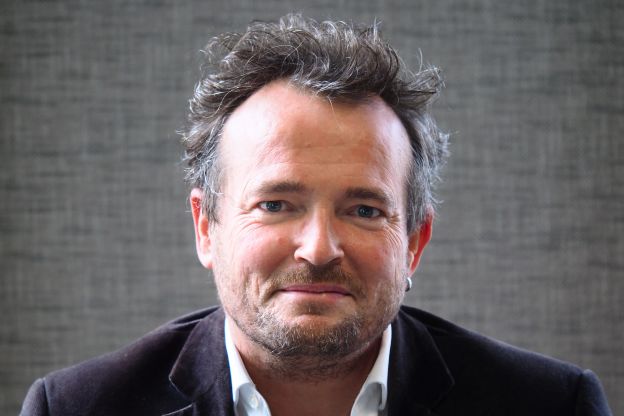
Thursday, June 12, 2025
SESSION II: TRENDS IN CANCER EPIDEMIOLOGY - EARLY ONSET CANCER
11.45 am – 12.20 pm: KEYNOTE: "Evidence for Rising Incidence Rates of Early Onset Cancer – a Global Perspective"
Dr Bray is Head of the Cancer Surveillance Branch at the International Agency for
Research on Cancer (IARC), in Lyon, France. His areas of research revolve around
the descriptive epidemiology of cancer. These include estimation of the global cancer burden and the analysis of time trends of cancer, including predictions of the future scale and profile of cancer and linkages to human development transitions. In support of the overwhelming need for high quality cancer surveillance systems, Dr Bray leads the Global Initiative for Cancer Registration development (GICR, http://gicr.iarc.who.int), an international multi-partner programme designed to ensure a sustainable expansion of the coverage and quality of population-based cancer registries in LMIC. A key mechanism in achieving this goal is the provision of tailored support and advocacy to individual countries through local expert guidance via six Regional Hubs worldwide. Dr Bray received the UICC Outstanding Contribution to Cancer Control Award in the Civil Society category in 2023.
Freddie Bray, The International Agency for Research on Cancer (IARC)
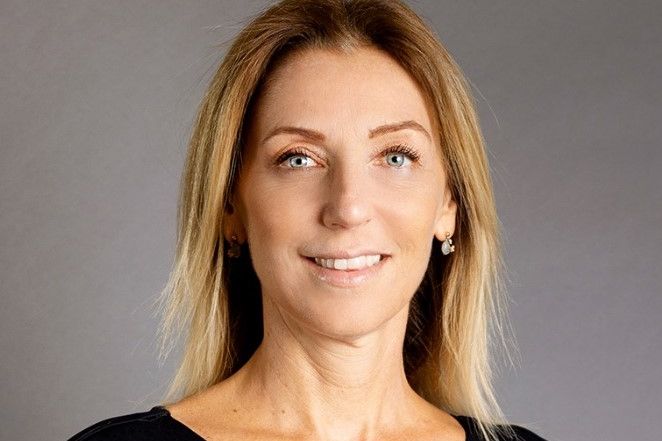
Thursday, June 12, 2025
SESSION III: COMPUTATIONAL BIOLOGY & MACHINE LEARNING IN CANCER
5.40 - 6.10 pm: KEYNOTE: "The Gemelli Clinic Vision on AI/Radiomics in Connection with Surgery"
I have a broad background in gynecological oncology, with specific training and more than 20 years of experience. I graduated and then completed residency and PhD in one of the largest centres in Europe, Fondazione Policlinico Gemelli IRCCS in Rome, Italy. I have completed my training in minimally invasive surgery with Dr. Luca Minelli, who was one of the pioneers in this field in Europe. I have performed more than 5000 surgeries for diagnosis and treatment of gynecological cancer cases, by both open and minimally invasive surgery. After an experience as director of MIS in Gynecology in Perugia, Italy, I have been called back to Fondazione Policlinico Gemelli IRCCS in Rome for contributing to the improvement of quality of
services and research of the Hospital, thus increasing its position in the Italian ranking and worldwide. My research fields include: a) selection of advanced ovarian cancer patients for primary cytoreductive surgery, where I designed a laparoscopy-based score which has been adopted worldwide; b) reduction of perioperative morbidity; c) minimally invasive approaches in cancer patients; c) personalized treatment for ovarian cancer women, including genomic and molecular profiling; d) hypertermic intraoperative chemotherapy. As PI or co-Investigator on several university funded grants, I successfully administered the projects (e.g. staffing, research sponsor, budget), collaborated with other researchers, and produced several
peer-reviewed publications from each project. In my position as Head of the Ovarian Cancer Unit in my Institution, and considering the large amount of cases we treat per year (≃350/year), I have the leadership, training, expertise and motivation necessary to successfully carry out the proposed research project.
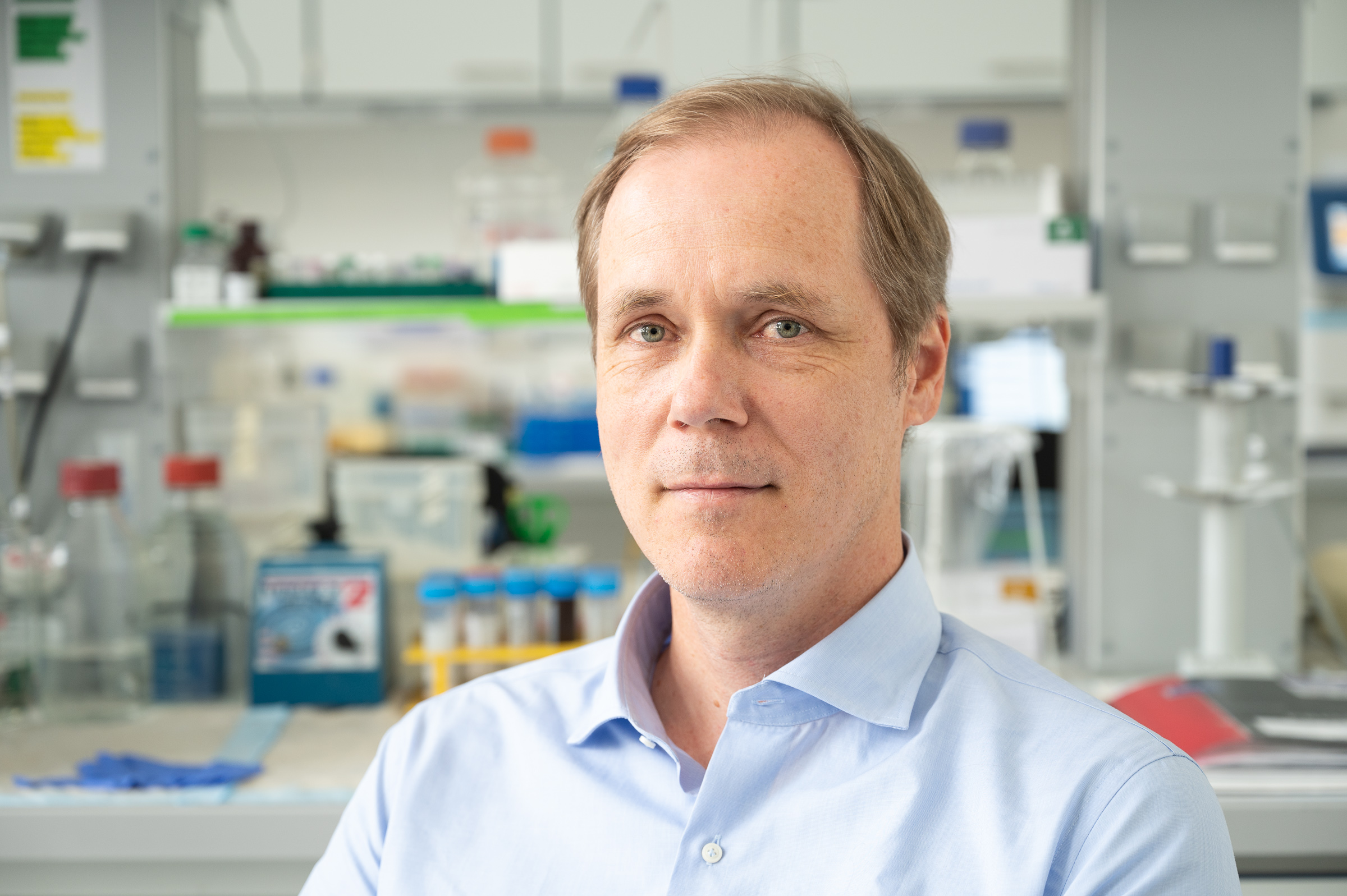
Thursday, 12th June 2025
SESSION I: WHAT´S NEXT IN IMMUNO ONCOLOGY?
9.15 - 9.50 am: KEYNOTE: "Concepts to Enable Immunotherapy in CRC"
Colorectal cancer (CRC) is the third most common type of cancer and one of the most
common cause for cancer-associated deaths in industrial nations. Carcinogenesis in
general is not a cell autonomous process, but a complex interplay of much more major
players than just mutagenized, cancer-initiating cells. Particularly in CRC the
reciprocal interaction of cells within the tumor microenvironment (TME) markedly
influences all stages of tumorigenesis, and the plasticity of both tumor cells and
surrounding cells within the TME is driven to a large extent by inflammation. So far,
all CRC tumors that have been studied are associated with an inflammatory
environment (either preceding tumorigenesis, tumor-elicited or therapy-induced)
and over the recent 5 years our knowledge of how tumor cells communicate with
their tumor microenvironment in order to modulate inflammatory immune responses
to their needs, for example in order to suppress and escape anti-tumorigenic immune
responses, has significantly improved. Thus, a detailed understanding of the molecular
and cellular basis defining the immune pathogenesis of CRC will undoubtedly lead to
the development of novel and more efficient multi-modal therapeutic strategies that
go beyond conventional therapies targeting tumor cells only. Recent findings
regarding the modulation of an adaptive immune during CRC pathogenesis and
therapy will be discussed.
Florian R. Greten, Georg Speyer Haus, Institute for Tumor Biology and Experimental Therapy
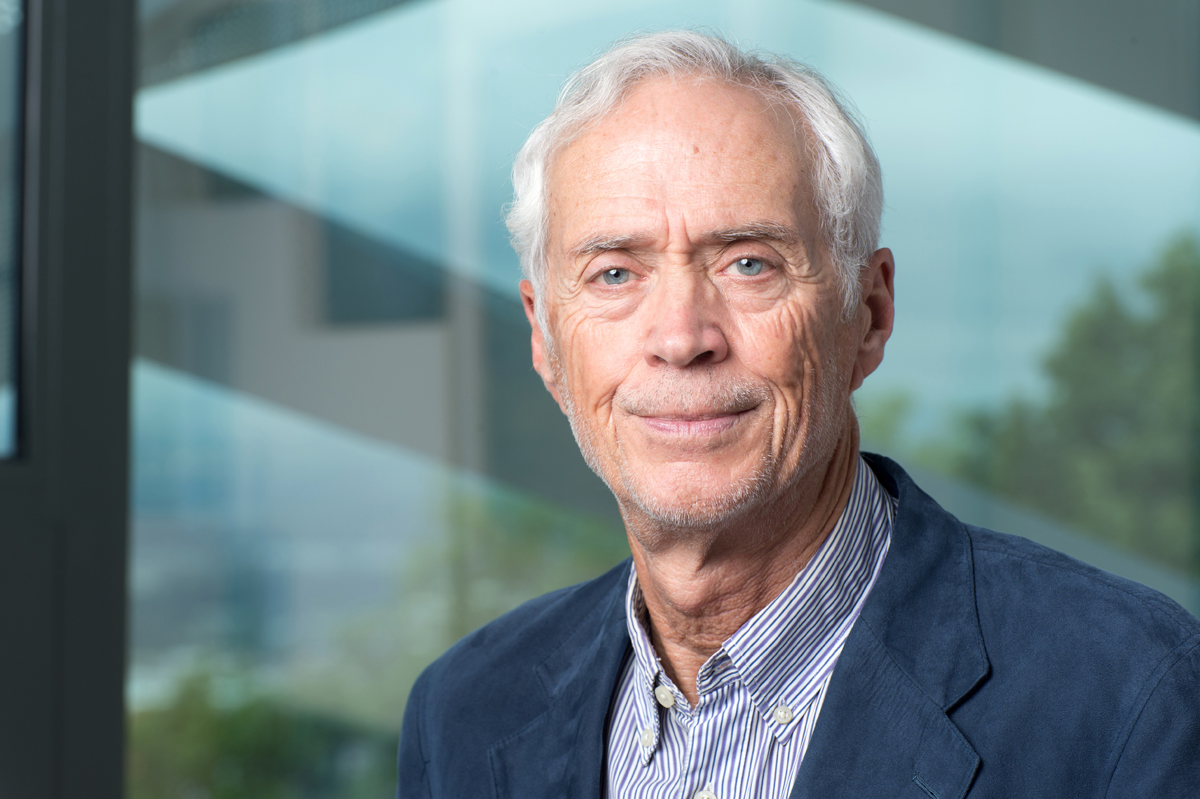
Friday, June 13, 2025
SESSION VI: NOVEL TARGETS FRESH FROM THE BENCH TO THE BEDSIDE
11.00 - 11.35 am KEYNOTE: "Illuminating and Reprogramming the Immuno-evasive Tumor Microenvironment to Enable Immunotherapy"
Douglas Hanahan, PhD, is a Distinguished Scholar of the Ludwig Institute for Cancer Research (New York/Zurich), working in its Lausanne Branch, an Emeritus Professor of Molecular Oncology, and former Director of the Swiss Institute for Experimental Cancer Research (ISREC) within the Swiss Federal Institute of Technology Lausanne (EPFL).
Hanahan received a bachelor’s degree in physics from the Massachusetts Institute of Technology, and a Ph.D. in biophysics from Harvard University. He worked for a decade at Cold Spring Harbor Laboratory in New York first as a Harvard graduate student and then as a faculty member. Subsequently he spent twenty-one years on the faculty at the University of California San Francisco before moving to EPFL in 2009.
In the early 1980’s Hanahan helped pioneer the genetic engineering of mice heritably endowed to develop organ-specific cancers that mimic human carcinogenesis. His research program has centered ever since on using mouse models of human cancer to investigate mechanisms of stepwise tumor development and progression, and to design and evaluate mechanism-guided therapeutic strategies with promise to improve the treatment of human cancers.
Hanahan discovered, in collaboration with the late Judah Folkman, the ‘angiogenic switch’, which is activated to produce new blood vessels that enable incipient neoplasia to progress toward malignancy. He conceptualized, with Robert Weinberg, an organizing principle that rationalizes the daunting complexity of human cancers; their landmark publication in 2000, entitled ‘The Hallmarks of Cancer’, proposed that a set of complementary functional capabilities are acquired by most human cancers, a concept that is now widely accepted, and beginning to influence cancer therapy. This perspective and an update in 2011 are amongst the most highly cited publications in cancer research.
Douglas Hanahan, EPFL, École polytechnique fédérale de Lausanne
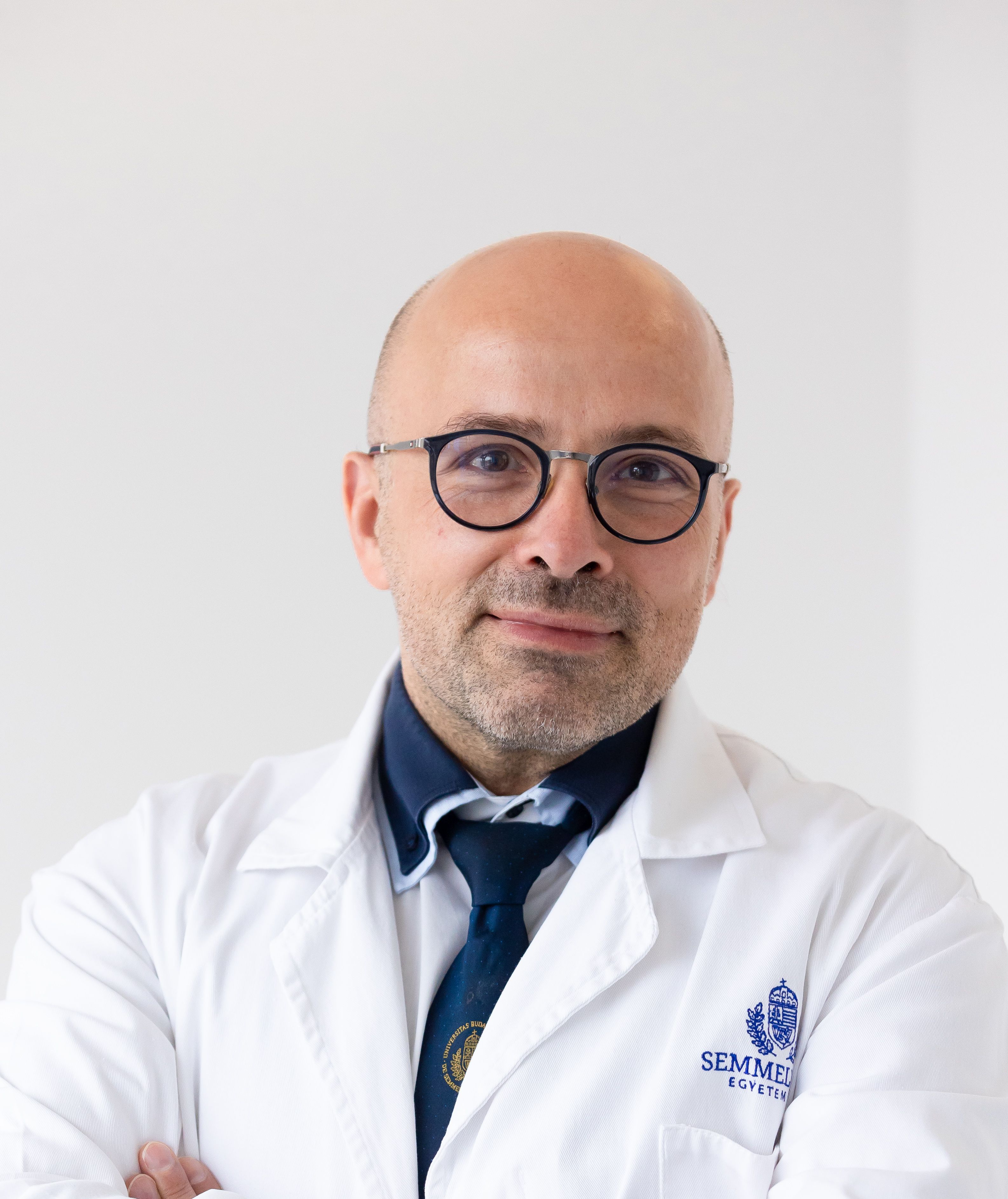
Thursday, June 12, 2025
2.00 - 2.25 pm: KEYNOTE: "Is it Time for a National Strategy in Science Education to Improve Cancer Outcomes?"
Peter Hégyi, Centre for Translational Medicine & Division for Pancreatic Disorders, CVC, Semmelweis University, Budapest
Péter Hegyi (www.hegyipeter.org) is a clinical scientist, physician, and professor specializing in translational medicine and gastroenterology. As a member of the Academia Europaea, he is committed to bridging the gap between scientific discovery and clinical application, ensuring that groundbreaking research translates into real-world medical advancements.
Professor Hegyi has an extensive publication record, with over 600 scientific articles published in high-impact journals, accumulating a total impact factor exceeding 3000. His research has appeared in some of the most prestigious medical journals, including Nature Medicine, Gastroenterology, Gut, JAMA Network, etc. His scientific contributions have significantly advanced the understanding and treatment of gastrointestinal diseases, particularly through a patient-centered approach that enhances diagnostic and therapeutic strategies.
Beyond his research, he is deeply invested in academic education and training. His academic program has provided laboratory training for over 4,000 high school students, inspiring future generations of scientists. Meanwhile, his translational medicine program spans 24 countries and supports 352 PhD students, the majority of whom are healthcare professionals. Through this initiative, he is cultivating a new wave of clinician-scientists who can effectively integrate research with patient care.

Friday, June 13, 2025
SESSION IV: NOVEL THERAPEUTICS
9.00 - 9.35 am: KEYNOTE: "Mode of Action – How to Choose the Right Target?"
Professor Thomas Powles is the Chair of Barts Cancer Centre, London. He leads the Experimental Cancer Medicine Centre and Biomedical Research Cancer Grants at Barts/QMUL. He has led 23 randomised cancer trials including studies which resulted in multiple EMA and FDA approvals. He has led clinical and high impact translational science projects. He has an H-index of 100 and has given plenary presentations at the major cancer meeting. Barts. He co-leads the Uromigos podcast and European Guidelines for GU cancer. He is editor in chief of the Annals of Oncology Journal . In 2023 he was selected a Nature’s 10 global scientist and in 2024 TIME magazines 100 healthcare list .
